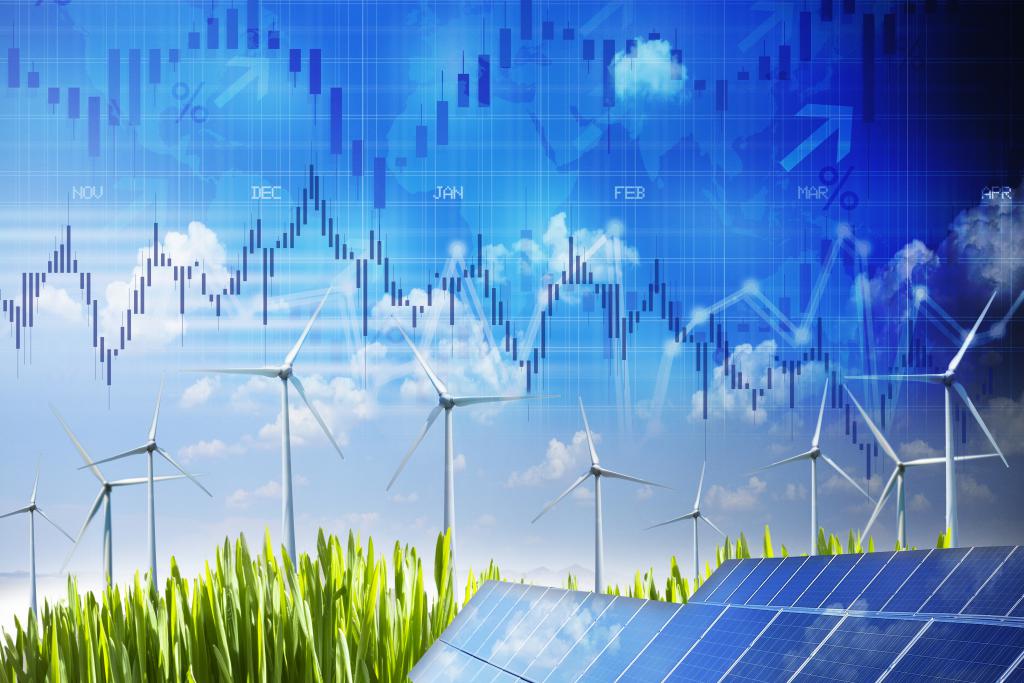The Polish Electricity Association (PKEE) believes that energy efficiency may play a role in achieving the European Green Deal objectives, yet it should not undermine the long-term perspective of EU economy electrification. An appropriate support for Member States is needed and the revision of Directive 2012/27/EU should be made carefully.
Appropriate support to implement the existing provisions might be more effective than new legislation
The EU energy efficiency target to achieve of 32.5% in 2030 was set as a part of the Clean Energy for all Europeans package back in 2018. The European Commission received National Energy and Climate Plans from all Member States and is now able to assess whether the declared actions are sufficient to meet this target. The PKEE agrees that it might be necessary to consider revising the Energy Efficiency Directive (EED)[1] in order to address EU’s potential energy efficiency gap. At the same time, a comprehensive impact assessment should reflect national circumstances and be performed in the order given in the Inception Impact Assessment: from no policy change scenario, through a non-regulatory measures option, to the revision of the directive. In our view, non-regulatory measures providing additional technical and financial support in the implementation of existing legislation might be highly effective due to fundamental changes introduced in the revised EED resulting in more demanding obligations. To overcome any target gaps, we encourage the Commission to support initiatives such as energy services and ESCOs, and to acknowledge the role of combined heat and power generation. Nevertheless, if the assessment proves that a revision of the EED is necessary, the PKEE calls to maintain the provisions already agreed to, so as to ensure that Member States can reflect their own pathways to deliver national energy efficiency targets (for example, the equality of energy efficiency obligation schemes and alternative measures) as well as provisions on the definition of efficient heating and cooling systems. Clean energy for all Europeans The European Commission has already received the National Energy and Climate Plans from all Member States and, on the basis of the information contained therein, is in a position to assess whether the declared actions are sufficient to achieve this goal. PKEE agrees that it may be necessary to consider amendments to the Energy Efficiency Directive (EED) to fill the gap at EU level. However, we note that a comprehensive impact assessment should take into account national circumstances and be carried out in the order given in the preliminary impact assessment: from no legislative change scenario, through the option of non-legislative solutions, to the revision of the Directive. We believe that non-legislative solutions providing additional technical and financial support for the implementation of the current provisions could be highly effective, in particular given the fundamental changes in the EED regarding obligations to achieve energy savings.
Furthermore, we encourage the European Commission to support the development of markets such as energy services and ESCOs and to recognise the role of cogeneration. Nevertheless, if the impact assessment shows that a revision of the EED is necessary, PKEE calls for the retention of the already agreed provisions that provide flexibility for Member States to meet their national energy efficiency targets (in the area of equivalent treatment of energy efficiency obligation schemes and alternative measures) as well as the provisions on the definition of efficient heating and cooling systems.
Benefits of energy savings have to outweigh the costs
The growing amounts of energy are needed for numerous technologies, which is reflected in the European Green Deal objectives and the plans to facilitate COVID-19 recovery. The PKEE welcomes the European Commission’s attempts to find an optimal way to achieve the EU’s ambitious climate goals. However, it must be pointed out that the benefits of energy savings have to outweigh the costs. Thus, actions ought to focus on the sectors with the highest potential of energy savings. For instance, in the transport sector, electric vehicles only consume 25% of the energy consumed by conventional vehicles[2]. In industry, considered as harder to decarbonize, making use of the untapped potential of electrification may deliver final energy savings and reduce primary energy consumption in low-temperature processes. In the energy sector, combined heat and power (CHP) is a technology that is already highly efficient. Cogeneration plants may achieve efficiency levels of around 90%[3], reducing primary energy consumption and at the same time significantly contributing to the establishment of efficient heating and cooling systems that deliver clean district heat to numerous end users.
According to the European Commission's assessment, the plans submitted show a gap of 2.8 percentage points on the primary energy target and 3.1 percentage points on the final energy target.
[1] Directive 2012/27/EU on energy efficiency amended by Directive (EU) 2018/2002
[2] Based on “Decarbonisation Pathways” by Eurelectric, available here: https://cdn.eurelectric.org/media/3457/decarbonisation-pathwaysh-5A25D8D1.pdf
[3] Based on European Commission website: https://ec.europa.eu/energy/topics/energy-efficiency/cogeneration-heat-and-power_en?redir=1
DOWNLOAD FILES

